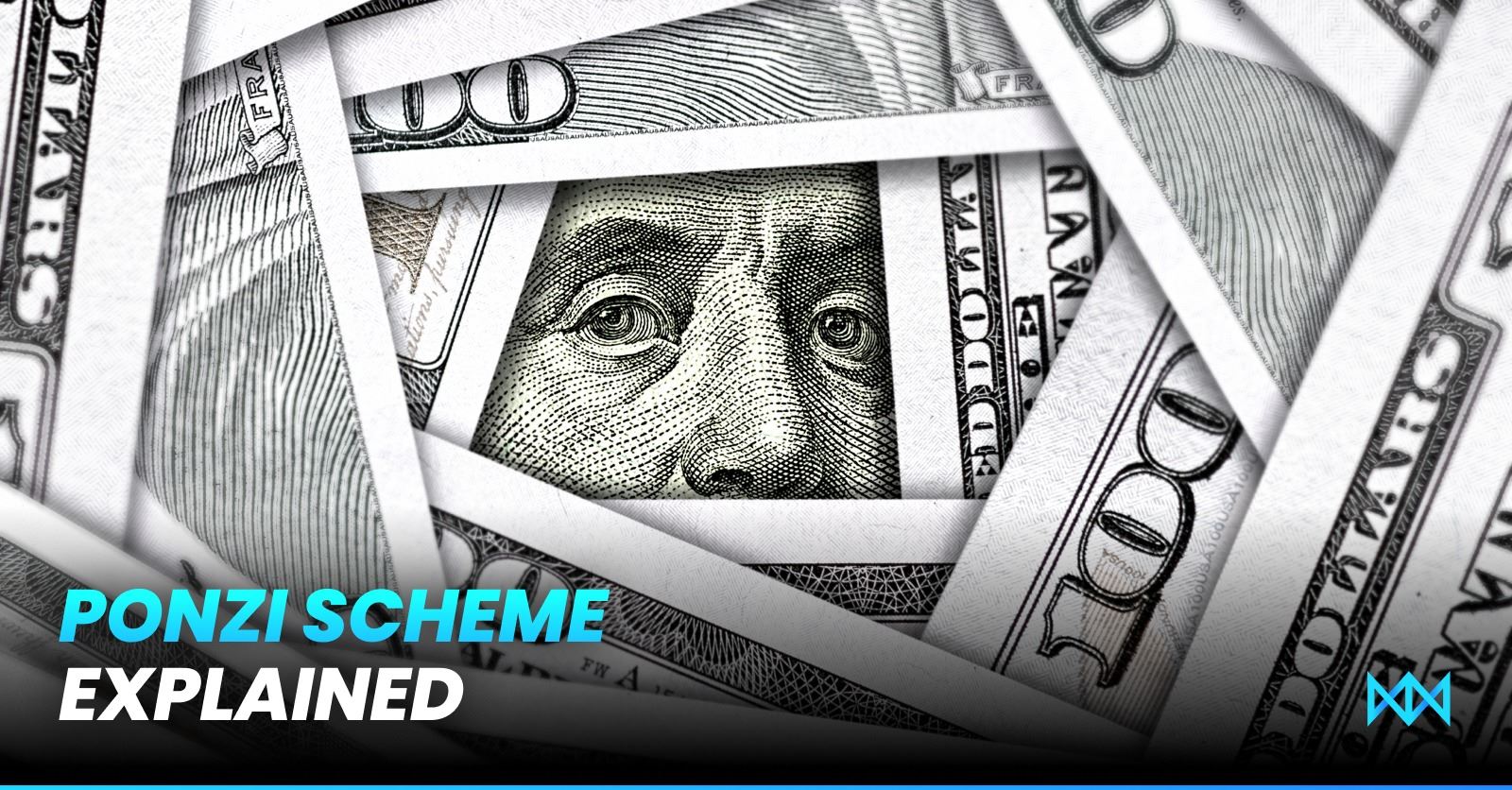Quick Summary
- Ponzi schemes are financial fraud schemes that pay old investors by taking the funds from new investors. Many crypto Ponzi schemes appear on the radar with the malicious intent to defraud both investors and buyers.
Scammers take advantage of the popularity of cryptocurrencies and instead of any legitimate investment activity, they use the investment funds for their personal use. Even though SEC investigates and charges these projects, newer ones keep popping up every now and then.
Related: The Rise and Fall of Terra Luna

Red flags of crypto Ponzi schemes:
Ponzi schemes share some common characteristics. You can spot these red flags and avoid getting rekt in the crypto space.
1. Promised returns with little to no risk:
Investing funds and doing business always comes with a risk. There are no guaranteed returns on your investment – there can never be. If a project is promising to yield higher returns for low or no risk, it’s probably the time you walk away.
2. Overly consistent Returns:
Crypto markets are nefariously volatile and no matter how experienced an investor is, the investments are always prone to loss. If the market is bleeding and a project is so good that it still shovels profit to its investors, it’s because the project has nothing to do with the market situation. The money was never invested and the circulation of the profits is because new investors are diving in.
3. Unregistered Investments:
The white hat investment companies are always regulated by SEC or other State Securities. If a crypto investment project is promoting itself as an investment company and is not registered, it is better to be skeptical about it.
4. Secret business model:
The golden rule is ‘if you don’t understand it, don’t invest in it’. The Ponzi schemes choose to keep their business model secret (because there isn’t any). Hearing “2x gains in 30 days” is intriguing enough and most newbies fall for it.
5. Shared affinity:
Fraudsters often deceive the investors’ trust with the shared affinity. It could be religion, ethnicity, or even empathy deriving you to invest. These people even coax influencers to spread the word about the investment project and unknowingly become a part of it.
Conclusion
Charging scammers is not effective as newer hands always take their place. They basically target new people who cannot make a learned decision. Watch out for these red flags and DYOR before investing. If you already have encountered fraud, you can contact SEC, FINRA, or other state securities regulators for help.
more to read
Polygon Reached Carbon Neutrality and its Token MATIC Gained 233% in Past Month
Poker Heroes Club: The World’s First NFT Poker Club
Follow NFT World News: Twitter, Instagram, Telegram, Tiktok, Youtube, Twitch
author: mnmansha
Disclaimer: This article is provided for informational purposes only. It is not offered or intended to be used as legal, tax, investment, financial, or other advice.
Disclaimer: This article is provided for informational purposes only. It is not offered or intended to be used as legal, tax, investment, financial, or other advice.





